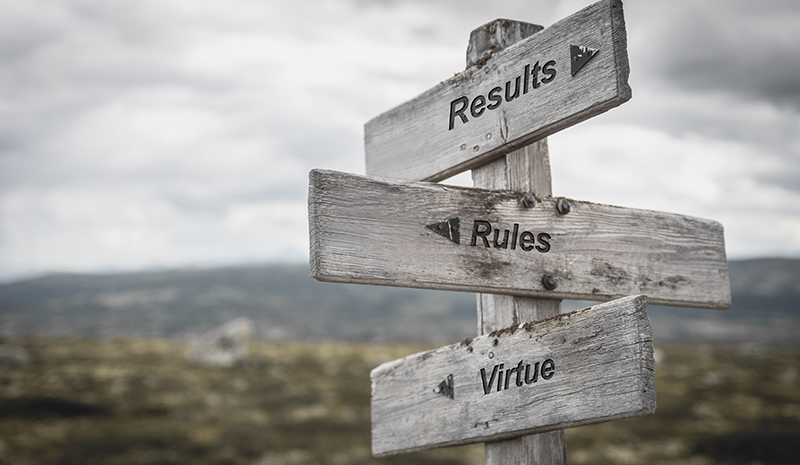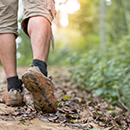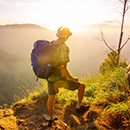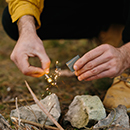Trek and Tour Rules and Regulations
Trekking and touring often involve visiting natural and cultural sites that may have specific rules and regulations in place to ensure safety, preserve the environment, and respect local customs. While these rules can vary depending on the location and specific trek or tour, here are some common rules and regulations to keep in mind:
Permits and Permissions: Some trekking and touring destinations require permits or permissions to enter or access certain areas. Research and obtain the necessary permits well in advance, adhering to the designated application process and validity period.
Respect Local Customs and Culture: Respect the local customs, traditions, and cultural practices of the communities you encounter during your trek or tour. Dress modestly when visiting religious or culturally significant sites, and ask for permission before taking photographs of people or sacred places.
Follow Trail and Route Markings: Stick to designated trails and follow route markings to avoid getting lost or disturbing the natural environment. Deviating from marked paths can cause soil erosion, damage vegetation, and disrupt wildlife habitats.
Leave No Trace: Practice Leave No Trace principles by minimizing your impact on the environment. Pack out your trash, dispose of waste properly, and avoid leaving any signs of your presence. Preserve the natural beauty for future trekkers and tourists to enjoy.
Wildlife Conservation: Observe wildlife from a safe distance and avoid feeding or disturbing animals. Respect protected areas and follow guidelines for wildlife encounters, particularly in national parks or conservation areas.
Camping and Fires: Follow regulations for camping and fires. Camp only in designated areas, use established fire pits (if permitted) and ensure fires are fully extinguished before leaving. Carry a portable stove for cooking instead of relying on open fires.
Safety and Emergency Preparedness: Prioritize your safety and be prepared for emergencies. Carry essential safety equipment, such as a first aid kit, navigation tools, and communication devices. Familiarize yourself with emergency procedures and know how to respond to potential risks.
Group Size and Guides: Some trekking areas may require you to trek with a licensed guide or be part of a guided group. Check local regulations to determine if this applies to your chosen trek or tour. Even if not mandatory, consider hiring a local guide for your safety and to gain insights into the area.
Photography and Drones: Respect guidelines related to photography and the use of drones. Some areas may have restrictions on drone usage, especially in protected or sensitive areas. Seek permission before flying a drone and be mindful of privacy and cultural sensitivities when taking photographs.
Restricted Areas and Permitted Activities: Certain areas may have restricted access or specific regulations for certain activities, such as climbing, trekking peaks, or camping at high altitudes. Familiarize yourself with any restrictions or permitted activities in the area you plan to visit.
It's essential to research and familiarizes yourself with the specific rules and regulations of the trek or tours you intend to undertake. Respect the guidelines, be mindful of the local environment and communities, and prioritize sustainable and responsible travel practices.







Popular Comments
Very Important and useful blog.